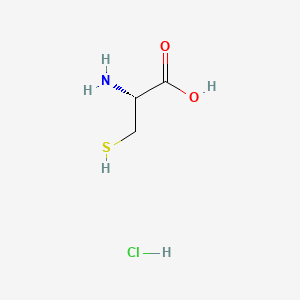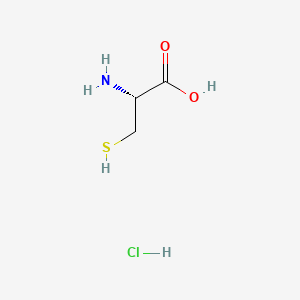In continuation of my update on Lumryz
Avadel Pharmaceuticals plc a biopharmaceutical company announced the U.S. Food & Drug Administration (FDA) final approval to Lumryz, an extended-release formulation of sodium oxybate indicated to be taken once at bedtime for the treatment of cataplexy or excessive daytime sleepiness (EDS) in adults with narcolepsy. With final approval, Lumryz becomes the first and only FDA approved once-at-bedtime oxybate for people living with narcolepsy. Lumryz was additionally granted Orphan Drug Exclusivity by the FDA.
“Today’s landmark approval and receipt of Orphan Drug Exclusivity represents a major milestone for both Avadel and people living with narcolepsy. As we have heard from key stakeholders, previously approved narcolepsy therapies have the potential to disrupt sleep by either causing insomnia or through forced awakening during the middle of the night for their crucial second dose. Lumryz can now offer people with narcolepsy the opportunity for an uninterrupted night sleep while receiving the full benefit of their prescribed treatment in one single bedtime dose that addresses their symptoms of narcolepsy,” said Greg Divis, Chief Executive Officer of Avadel. “We would like to thank the patients, caregivers, clinical trial investigators, healthcare providers, and advocates who have tirelessly partnered with us throughout the drug development process and look forward to providing the narcolepsy community access to now approved Lumryz.”
Narcolepsy is a chronic neurological condition that impairs the brain's ability to regulate the sleep-wake cycle. The condition affects approximately one in 2,000 people in the United States with the cardinal symptom of EDS. Additional symptoms can vary by person but may include disrupted nighttime sleep, a sudden loss of muscle tone usually triggered by strong emotion (cataplexy), sleep paralysis and hallucinations.
“This long-awaited therapy for people living with narcolepsy fills a critical unmet need by avoiding the burden of a second middle-of-the-night dose that immediate-release oxybate products require. The once-at-bedtime dosing regimen of Lumryz may help restore a more natural sleep-wake cycle,” said Michael J. Thorpy, M.D., an investigator from the REST-ON Phase 3 trial and Director at the Sleep-Wake Disorders Center at Montefiore Medical Center and Professor of Neurology at the Albert Einstein College of Medicine.
The FDA’s final approval of Lumryz was based on positive results from the pivotal Phase 3 REST-ON clinical study completed in March 2020. In the REST-ON Phase 3 trial, once-at-bedtime Lumryz demonstrated highly statistically significant (p<0.001) and clinically meaningful improvement compared to placebo across all three co-primary endpoints (Maintenance of Wakefulness Test, Clinical Global Impression-Improvement and mean weekly cataplexy attacks) for all three doses evaluated, 6, 7.5 and 9 grams.
With this approval, the FDA has also found Lumryz to be clinically superior to currently marketed twice-nightly oxybate products and granted Lumryz seven years of Orphan Drug Exclusivity. In particular, FDA found that Lumryz makes a major contribution to patient care over currently available, twice-nightly oxybate products by providing a once-nightly dosing regimen that avoids nocturnal arousal to take a second dose. The FDA's Orphan Drug program is designed to support the development of drugs that treat a condition affecting less than 200,000 U.S. patients. The seven-year market exclusivity for Lumryz began on the date of FDA approval, May 1, 2023.
“For people living with narcolepsy, and for all of us who advocate for this community, the approval of Lumryz is an important step forward,” said Julie Flygare, JD, President and CEO of Project Sleep. “People living with narcolepsy will finally have a new treatment option to manage EDS and cataplexy, and the fact that this new oxybate option allows for reduced dosing frequency is a game-changing advancement that shows Avadel’s commitment to understanding the patient experience. We look forward to continued collaboration with Avadel as part of a shared mission to positively impact the lives of people with narcolepsy.”
Lumryz has a boxed warning as a central nervous system depressant, and for its potential for abuse and misuse. Lumryz is available only through a restricted program under a Risk Evaluation and Mitigation Strategy called the Lumryz REMS. Most common adverse reactions (incidence > 5% and greater than placebo) reported for all doses of Lumryz combined were nausea, dizziness, enuresis, headache, and vomiting.


